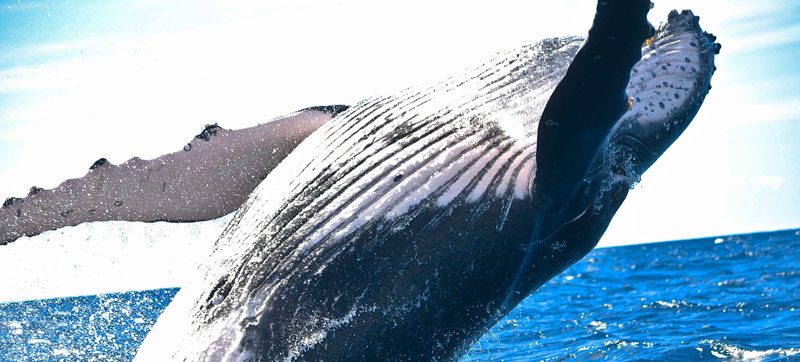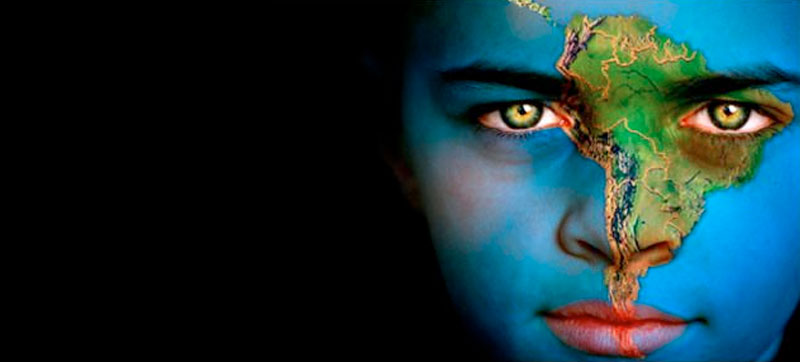What Does It Mean To Be Indigenous?
"Nature is native to our collective existence"

What does indigenous mean? The definition is deceptively simple:
indigenous - originating or occurring naturally in a particular place; native
The term is used frequently these days referring to territorial rights to land by native people and also to plants within an ecological region that are non-invasive. The word has got me thinking, a dangerous provocation, primarily about the interaction between Nature and rights, human or otherwise.
Often the issue is enjoined by the question: who was first to inhabit a place over time? In the Arctic, in the United States, and many other areas around the world the issue is real and contentious, usually the imposition of new inhabitants, call them immigrants or imperialists, who arrive and impose a new culture over an older one. With flora and fauna, there is a similar question of time of arrival and how the species was delivered, often on the hulls or in the bilges of ships as the world has been compressed by ocean connection through trade or conquest. A most contemporary example is the arrival of invasive corrupt plastic in marine and coastal environments, with consequences that alter the local ecology, invade the food chain, and change the balance of health within an ocean system that covers 71 % of the Earth’s surface.
Nature at its origin is indigenous — and yet it too has changed by natural evolutionary process, presumably for the best, until challenged by the greatest invasive species of them all — us, the human species that in its quest for survival, indeed self-improvement and growth, that has imposed values, structures, and behaviors that are contradictory, often compromising, and evermore often toxic, by which all that is native is affected sometimes for better, mostly for worse.
To combat this long historical process, advocates have turned to order, or law, as a means to protect Nature from such consequence, through legislation to counter abuse, or through the assertion of rights of protection that attempt to stall or stop or reverse the process and fix it in a definitive place in time. Treaties with Native-Americans, for example, represent such guarantees, just as the endlessly ongoing attempt by the United Nations to define and enact an agreement for the rights of indigenous peoples worldwide represents such an aspiration on a global scale.
In fact, some of these legal interventions have had remarkable successes: judicial precedents addressing the rights of species and ecosystems; the rights of certain endangered birds and animals to survive; or the rights of rivers to flow clear and unimpeded by environmentally compromising dams and discharges. In Bolivia, the national constitution has been amended to declare The Rights of Mother Earth, the first Article of which may be partially paraphrased as follows:
"Earth is a living being, a unique, indivisible, self-regulating community of interrelated beings that sustains, contains, and reproduces all beings, each defined by its relationships as an integral part of the whole, the inherent rights of which are inalienable."

One could easily use the ocean as a powerful symbol and reality for such an equally applicable declaration and as a fundamental premise on which protections desired on land could be equally applicable to the sea.
All of Nature is native and indigenous, a compendium of resources in natural flux that operates and sustains itself as a continuous regenerating system. That system, from my particular perspective, is maintained by the movement of water in a cycle from the mountaintop to the abyssal plain and around again. It is not our human right to disrupt, deplete or destroy this system; nor is it intelligent or justified in the narrow, albeit essential context of our own survival. Why is it so hard to understand this fact? That Nature is native to our collective existence, and that to preempt, poison, or dissolve that value is to self-destruct. To deny this fact is a conscious, malicious, egotistical abrogation of the right to life.
- Login to post comments
-


